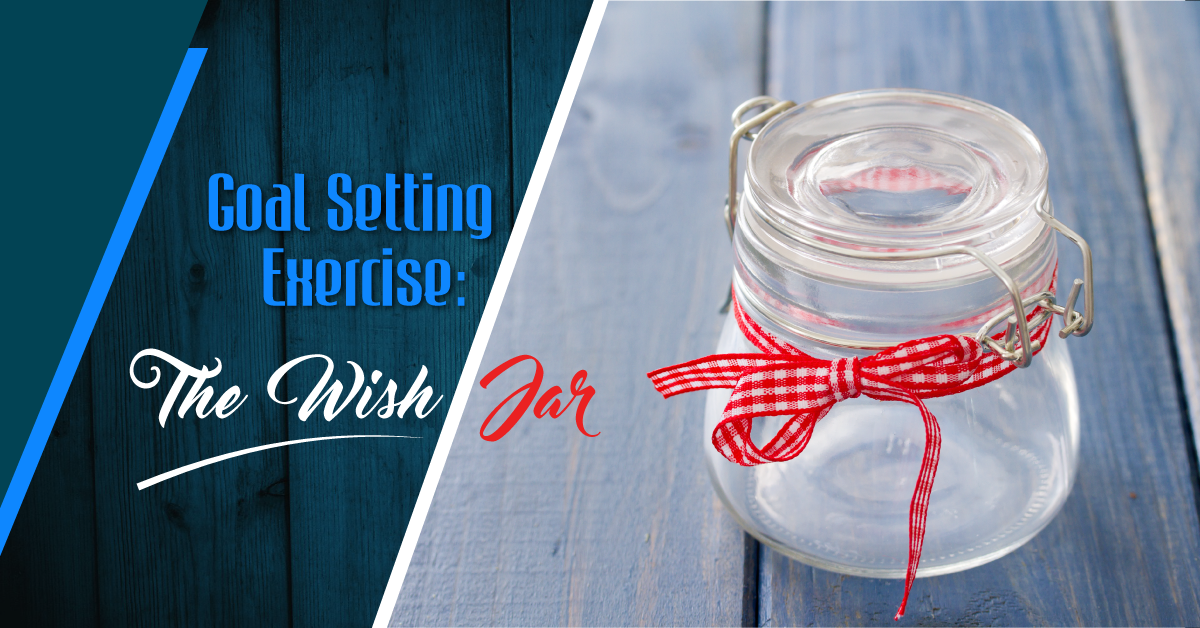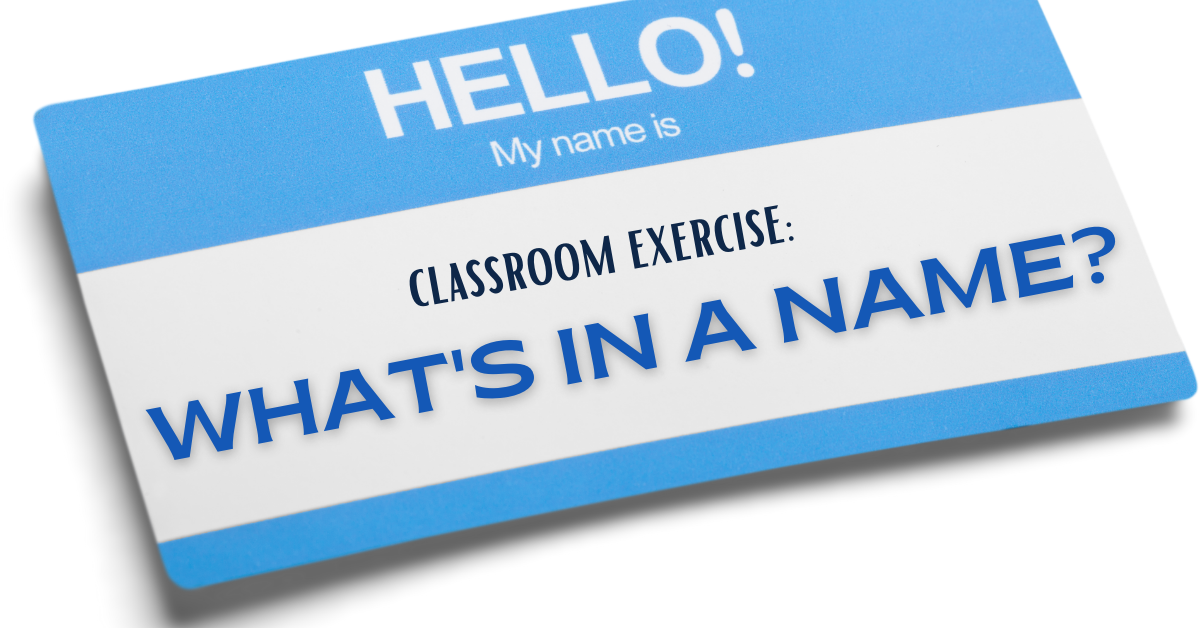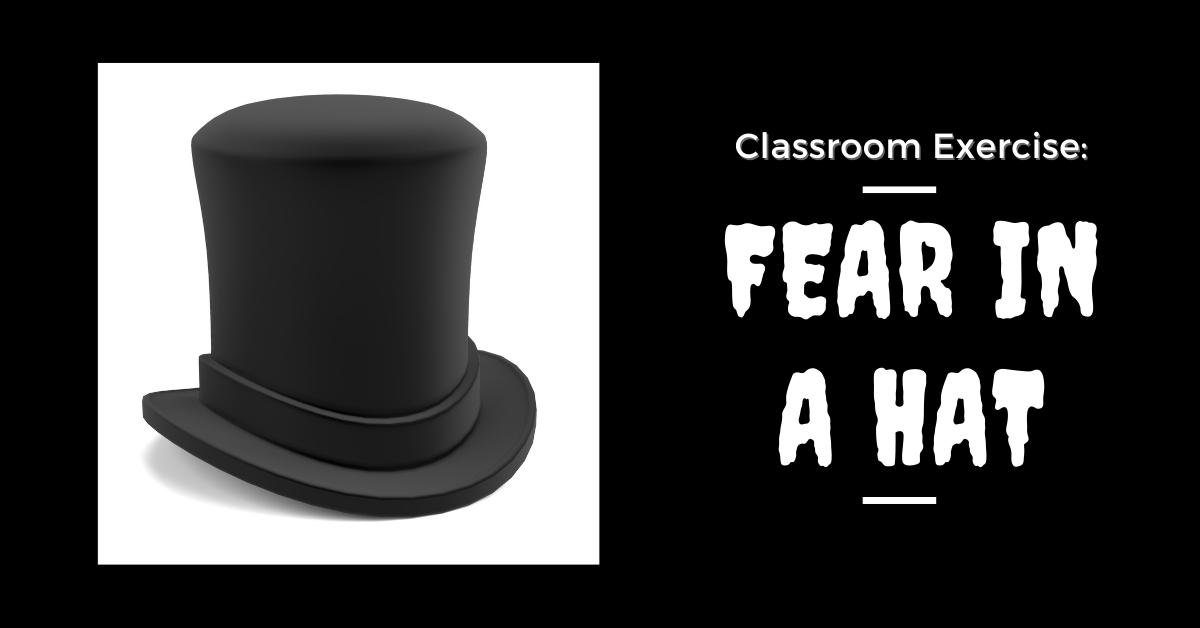Student Goal Setting Exercise: The Wish Jar
The following exercise has lots of variations and ways to adapt it for your classroom. No matter what variation you use, however, the ultimate goal (see what I did there?) of the exercise is to get students to set goals in the drama classroom.
Why set goals? It gives students a sense of purpose and commitment, more so than just showing up and doing the class because they have to. Setting goals encourages students to take initiative in their own learning, and helps them to push themselves out of their comfort zones.
The first step for this exercise is for students to think of a goal they’d like to work towards in the drama classroom. Goals need to be specific – “becoming a better actor” is too big and too vague. How are students going to become better actors? Think of baby steps that will lead to that big goal. Students should brainstorm for their idea individually.
Some examples of goals might be:
- To learn ways to memorize lines faster
- To learn more about a type of technical theatre (lighting, sound, etc.)
- To improve their auditioning technique
- To learn more about a specific type of theatrical performance (puppetry, mime, etc.)
Once each student has a goal in mind, they will write that goal on a strip of paper (without putting their name on it). Keep the goals anonymous. After the students have written out their goals, collect the paper strips and put them into a jar (the “Wish Jar”).
What now? Here are three options for how to use your Wish Jar:
“A Place of Prominence”
After all the students have placed their goals into the Wish Jar, put the jar in a prominent place in the drama classroom. It will be a visual reminder of the goals they are working towards. After the students put their slips in the jar, have them complete a brief reflection that lists their goal and three ways they will work in the classroom towards achieving that goal.
Collect the reflections and seal them up in an envelope, with the date of the last day of class on the outside. On the last day of class, open up the Wish Jar, and have each student read aloud one of the goals to the class. After the goals have been read, give each student back their reflection that they completed back at the beginning of the semester. Do they remember what they said?
Have the students complete a second reflection, looking back on their goal from the first day of class, and compare it to how they’ve done throughout the semester.
“Guardians of the Goals”
Once all the student have put their goals into the Wish Jar, shake up the jar. Each student will then take someone else’s wish out of the jar. They are now the Guardian of that Goal. They must keep that slip of paper in their drama notebook or pencil case, and they are responsible for that goal for the rest of the semester. Have a group discussion about how they can help others achieve their goals. Why is it important to help others do this?
Have students write a reflection that day about their Guardian Goal and how they will help that fellow student achieve their goals.
“Goal of the Week”
At the beginning of each week, draw a goal out of the Wish Jar and read it out to the class. Use that goal as a basis for a warmup, a reflection, or a team-building exercise. For example, if the goal is “To learn ways to memorize lines faster,” students might:
- Share ways they use to learn lines quickly in a discussion
- Work in pairs to develop a new technique for memorization
- Complete a group exercise to see who can memorize and perform a short monologue or scene the fastest and most accurately
Whatever variation you use in your classroom, empower your students to take ownership of their goals and wishes. Challenge them to aim really high and go for those goals!
Encourage classmates to help each other out and work together to check those goals off their lists.



